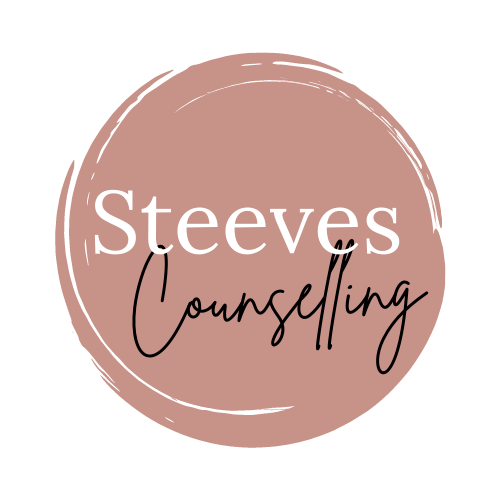Can we thrive in overdrive?
Recently I was talking to my dear friend over virtual coffee. She is a talented entrepreneur and we share many experiences by past, upbringing and sense of humour. Every conversation with her results in catchy phrases and belly laughter. This day though we were more philosophical and we were talking about the demands the modern person puts on themselves every.single.day.
I shared with her that in the past sometimes I had so much on my plate I have felt “stuck in overdrive”. When you google “stuck in overdrive”, this is the description that comes up;
When trauma is severe or prolonged, your brain's emotional centers can get stuck. In some people who experience trauma, the brain gets “stuck in overdrive,” making you feel anxious, fearful, and sleepless.
Yep this is me.
My friend shared that she couldn’t work like that anymore, she needed to make space for creativity, exercise, and family. I reminded her, this was a brave and conscious choice. I have known her for a long time so I can remember her early work days (the good, the bad, and the ugly). I remembered the long hours of overtime she dedicated to a not-for-profit that she worked for in her youth. In her past she had worked in “overdrive” but now she had been fortunate to structure her daily life differently. I was intrigued. I wanted this way of living she described.
I don’t want to confuse “stuck in overdrive” with “rising to the occasion”. Every person in their life has times when they are required to work hard and are pushed to their limits. It’s here where individuals stretch and learn. This is normal and I describe that as “rising to the occasion”. Rising to the occasion requires extra effort put forward to complete a task or demonstrate a skill, this is required for a prescribed period of time and it has an end to it. But what happens when “rising to the occasion” doesn’t end, but instead becomes the normal in someone’s life. What happens when we get stuck in overdrive? Can we really thrive in overdrive?
Being stuck working so intensely for prolonged periods of time is not good. Eventually dealing with high volume challenges that cause tremendous stress can have real physical and psychological impacts. In the book Burnout, The Secret to Unlocking the Stress Cycle by Emily and Amelia Nagoski, they talk about the importance of recognizing stress and finding ways to complete the stress cycle. If you don’t find a way to deal with stress, you risk burnout. It’s not actually a risk….it’s a reality, you will burnout.
The Nagoski sisters have researched the things you can do that will help you exit the stress cycle. The 6 things that help you complete the stress cycle are exercise, physical activity, breathing, positive social interaction, laughter, and connection. If you don’t create a practice or ritual to complete the stress cycle, eventually, the consequence is burnout. If you have never experienced burnout, let me tell you, it is bad, really bad. There are physical and psychological consequences to pushing yourself to the brink. Sit for a moment and think — do you know someone who has burnout? The truth is, I suspect, we all know someone who has been there. Can you name them in your mind? What has burnout cost them?
Getting stuck in overdrive can happen to anyone but the question is, what do you do if you are caught here?
First, can you recognize it?
What does it look like for you?
How do you act, feel, think?
Can you think of a time in your life when you were stuck in overdrive?
What did you do to find a way to return to balance?
What did you do to break the overdrive pattern in your life?
What are the things in your life that ground you?
What are the tools in your life that you use to complete the stress cycle and bring you joy?
When you are stuck in overdrive are you paying attention to the things in your life that matter to you? What happens to those precious things?
I’m just going to admit it, I don’t thrive in overdrive. I don’t think I ever did. This is a big deal for me. I used to pride myself on the times I was so, so busy. That was fraud. I was numbing my own inadequacies with busyness. When I think of the times in my life that I have been happiest and done my best work….I had a balanced life. Can I accept this? Can this be my new goal? It’s a personal paradigm shift I admit, but I am open to the change.
What about you?
